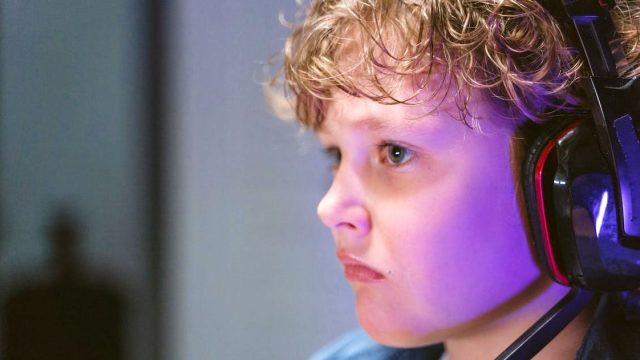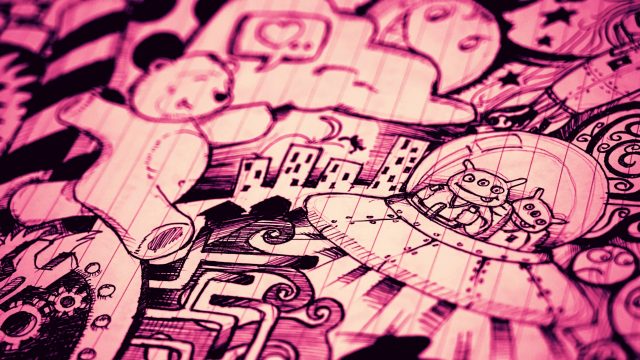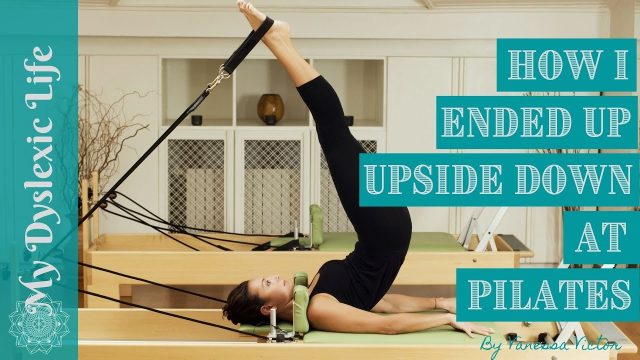Orientation: To be, or not to be?

If being orientated permits you to perceive accurately the facts of reality, wouldn’t it just be best to stay orientated all the time? Well, no. If we want to think, to create, or problem-solve, we need to be disoriented. If we were all orientated all the time we would not have any innovation or invention. We would not have art, dance, or professional sports to enjoy. We would not have music to listen to, movies to go see, or novels to read. Life would be pretty boring. However, we don’t just disorient when we are thinking and using our imagination.
We all disorient when we are confused. It is good that we disorient, as it allows us to escape the ‘painful’ feelings associated with feeling confused. Disorientation is part of our survival mechanism. The problem is, almost everyone has no idea that we are disorientating to stay away from confusing information. Therefore, the disorientation is controlling us. And this is where it can be a big advantage to understand that you are doing it. The only way to know we are disoriented is to know when we are oriented. This is why it is good to have an optimal orientation point.
Once disoriented, another problem is how to quickly return to an oriented state. Almost everyone has no idea how to do this. This is possible if you have an optimal orientation point for your mind’s eye to go to easily and quickly. If not, when you are disoriented, you have to try to somehow pull yourself to come back to reality and stay there. It is not always possible.
We have all experienced this when we have studied too long or worked too long on a difficult project where the material is confusing for us. Also, once we are disoriented, we cannot always find what actually disoriented us. So we often reread or review what we are working on, only to remain disoriented and fatigued.
For example, when I am translating something from English into Italian, sometimes all of the sudden, I am exhausted. There was not a slow build-up to this. I am working along just fine and boom, I hit a wall. Before crossing paths with Ron Davis, I would have thought that I was just tired. Now I know that something has disoriented me. I stop, put my mind’s eye on the optimal orientation point and back up with my translation, going over it again. I then work while keeping my attention on whether my mind’s eye is on my orientation point or left that place. The moment I realize my mind’s eye has left this orientation point, I know I am disoriented. I know exactly what confused me. But that is not all, rather than staying confused, I can use my orientation point to help me get the information I need to eliminate what is confusing me. And violà, I can be back to feeling great and can continue on with the translation. You can imagine how much time and energy this saves me.

For someone with dyslexia, using their optimal orientation point allows them to discover what letters and words are confusing to their brain and eliminate what is confusing about them. For some with dyscalculia, using their optimal orientation point allows them to discover what numbers and math operations are confusing to their brain and eliminate these confusions. For someone with autism, using their optimal orientation point allows them to discover what life concepts are confusing to them and master them.
Unfortunately, this is all one of the world’s best-kept secrets. There are very few people in the world that know it is so easy to correct dyslexia, dyscalculia, handwriting problems, and dyspraxia. Other unfortunate ‘secrets’ are that one can easily be in control of their ADD/ADHD and for autistic individuals to easily navigate the world and the people in it.
How can this be? How can these complex difficulties be so easily conquered? Not only will I explain how this can be, but even if you are not neurodiverse, you are going to see the reason behind some of your past difficulties when you were at school and current ‘headaches’ at work and when you interact with certain people. Because whether you know it or not, we all have ‘dyslexic’ and ‘ADD’ moments. Wouldn’t it be great to be in control of these? Remember being in control of these moments, means you are in control of your intelligence. We will take these complex difficulties one by one in the upcoming weeks and you will learn so much about yourself and the neurodiverse human beings that surround you!









